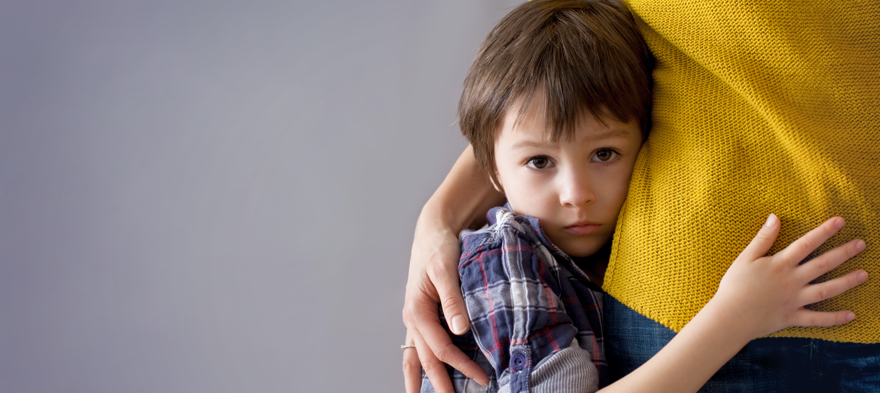
As much as we want to put on a brave face and continue living our life like “normal,” the underlying levels of anxiety continue to rise as parents and children fear the uncertainties beyond testing, grades, assignments, attending scheduled sports practices and other communal classes. Yes, I’m talking about the ENORMOUS elephant in the room—the Coronavirus!
The constant worry of going to work, sending children to school, taking a vacation, riding the subway, or worse, for some, the reality of staying confined to their home is rapidly soaring through many brains. As an early childhood educator and expert in social and emotional learning, my hope is to highlight how parents can support their children’s understanding of the ramifications of the virus, and more, how [pullquote]communicating unlocks vulnerability, authenticity and the opportunity to learn about what actually worries you and your child.[/pullquote]
As adults, it’s easy to forget that children hear our conversations, that children parrot what they pick up from friends, teachers, the person talking on the phone next to them while waiting in line at the grocery store, or hearing the news in the background of the morning hustle to prepare for school. Let’s also not forget the enormous and endless boxes of food deliveries, school and class cancelations, business trips postponed, individuals and masses quarantined, seeing people—in real life—wearing face masks or the incessant reminders: DON’T TOUCH YOUR FACE! WASH YOUR HANDS!
As adults, [pullquote position="right"]we must take a step back and think about how these experiences, words, moments in time are truly affecting children of all ages.[/pullquote] Yes, it’s crucial we are aware and never skirt the issue at hand, and I firmly believe conversations and knowledge are two imperative tools in calming anxiety. When our anxiety is high, our sympathetic nervous system puts us in a state of flight or fight. By consciously and actively breathing, we activate our parasympathetic nervous system, bringing our body back to a state of balance. We are then able to make choices that benefit ourselves and others. Unfortunately, many adults’ and parents’ sympathetic nervous systems are activated and thus, the trickle effect on their children is inevitable.
Below are six suggestions to support you and your child in understanding and communicating as everyone continues to navigate through the uncertainty.
If you are in need of additional practices for you and your family, feel free to reach out to me!
Dana has her master's in early childhood education with an additional certification in gifted education. Dana joined PS 33, Chelsea Prep for the 2006-2007 school year. During Dana’s tenure at PS 33, she taught pre-K for two years, launched the ICT-Kindergarten class, and independently created, piloted, and launched PS 33’s Gifted and Talented Program. Dana recently launched her personal business, Developing Empathetic Education with Dana (D.E.E.D.), where she consults with schools and parents on the critical needs for social and emotional learning (SEL), as well as gifted and talented and “all things school-related.”
If you have a child with disabilities, you’re not alone: According to the latest data, over 7 million American schoolchildren — 14% of all students ages 3-21 — are classified as eligible for special...
The fight for educational equity has never been just about schools. The real North Star for this work is providing opportunities for each child to thrive into adulthood. This means that our advocacy...
The story you tell yourself about your own math ability tends to become true. This isn’t some Oprah aphorism about attracting what you want from the universe. Well, I guess it kind of is, but...
Your donations support the voices who challenge decision makers to provide the learning opportunities all children need to thrive.
Ed Post is the flagship website platform of brightbeam, a 501(c3) network of education activists and influencers demanding a better education and a brighter future for every child.
© 2020–2024 brightbeam. All rights reserved.